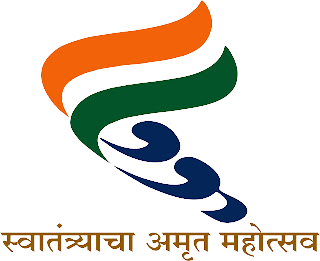2.3.1: Student centric methods, such as experiential learning, participative learning and problem solving methodologies are used for enhancing learning experiences and teachers use ICT- enabled tools including online resources for effective teaching and learning process
2.3.1 Experiential learning -field visit
2.3.1 Project Work- political Science
2.3.1 Project Work-Geography new
2.3.1 Project Work-Public Admn
2.3.1 Teaching-Learning Process-Field Visit
2.3.1 Vocabulary Building-English
2.3.1 Guest Lectures – Political science
2.3.1 Books Exhibition-History
2.3.1 Guest Lectures – Economics
2.3.1 Bridge Course-Public Admn
2.3.1 Guest Lectures – History
2.3.1 Guest Lectures -Public Admn
2.3.1 Guest Lectures Geography
2.3.1 Bridge Course- Geography
2.3.1 Guest Lectures-Sociology
2.3.1 Participative Learning-Author of the week,Vocabulary Building,Writing Skill,Projects
2.3.1 Teaching Learning Process-Seminar
2.1.1: Enrolment percentage
2.1.2: Percentage of seats filled against reserved categories (SC, ST, OBC etc.) as per applicable reservation policy for the first year admission during the last five years
2.4.1: Percentage of full-time teachers against sanctioned posts during the last five years
2.4.1 Joint Director letter of sanctioned posts
2.4.1.1 Number of sanctioned posts yearwise during the last five years
2.4.2: Percentage of full time teachers with NET/SET/SLET/ Ph. D./D.Sc. / D.Litt./L.L.D. during the last five years (consider only highest degree for count)
2.4.2.1 number of full-time teachers with NET,SET,SLET,Ph.D.,D.Sc year-wise during last five years
2.5.1: Mechanism of internal/ external assessment is transparent and the grievance redressal system is time- bound and efficient
2.5.1 Examination University Time Table
2.5.1Evaluation Processs and Reforms
2.6.2 Attainment of POs and COs
2.6.3.2 pass percentage-Annual report of COE

